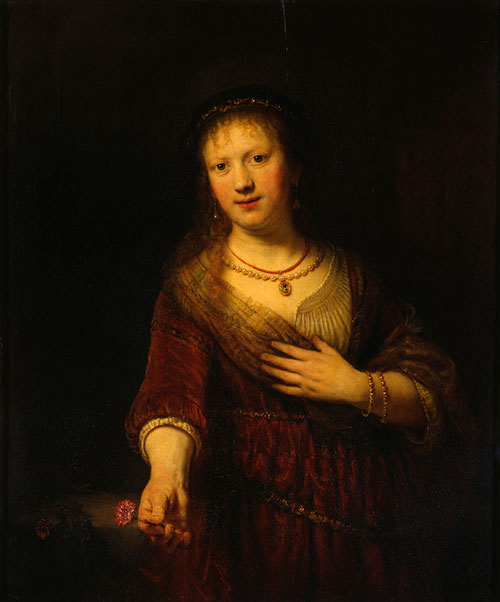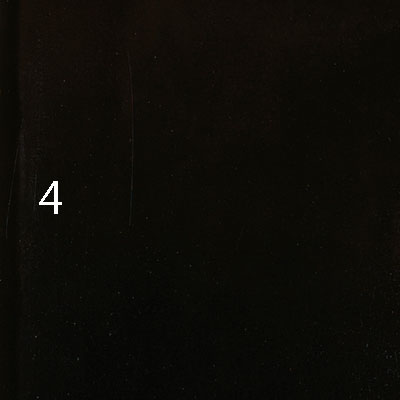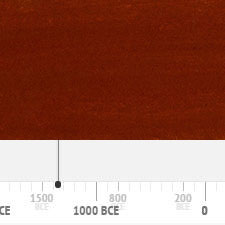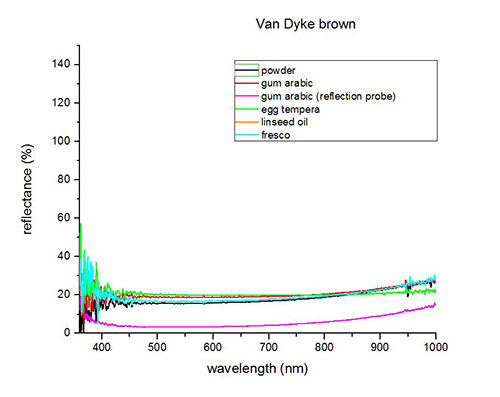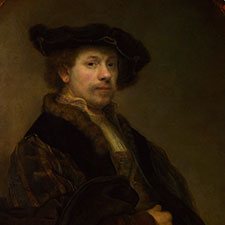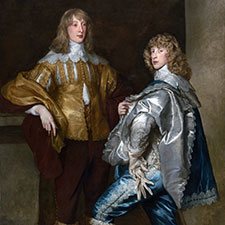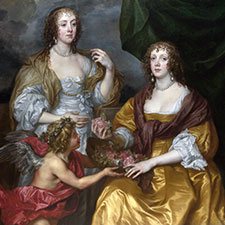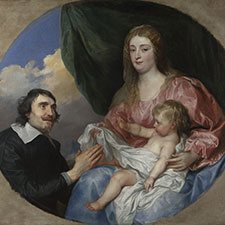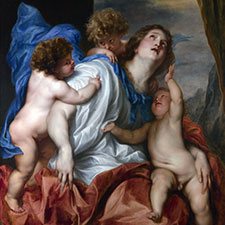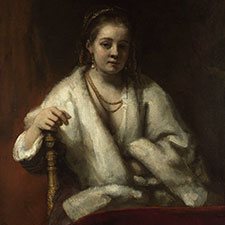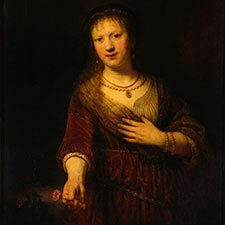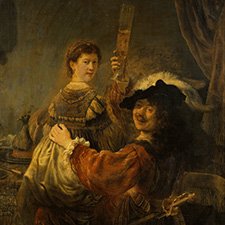Vandyke Brown
Natural organic pigmentComposition and Properties of Vandyke Brown
Vandyke brown is an organic natural pigment consisting of materials found in brown coal, peat or generally in soil. Considerable confusion can be found in the older mentions of this pigment. It had been considered an inorganic iron pigment mainly in France and its name had also been used for various earth pigments such as umber and ochres.
Its color can vary according to the thickness of the painted layer and ranges from pure black with a reddish-violet tint to grayish brown. The main chemical component of this pigment are humic acids and as such, they react with alkalis. The pigment is not stable to light and fades over time. This is mainly due to the oxidation of the organic material on air which is facilitated by light. The pigment is compatible with all other pigments and is often used in mixture with several other pigments.
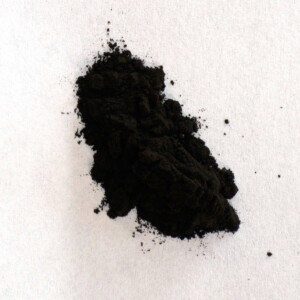
Pigment
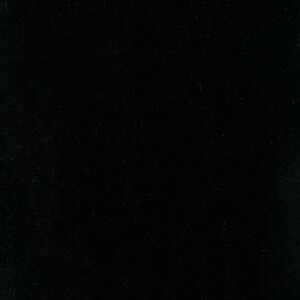
Painted swatch
Names
Alternative names
Cologne earth, Cassel earth
Color Index
NBr 8, CI 77727
Word origin
Named after the painter Anthony Van Dyck.
Kasslerbraun
German
Terre de Cologne, terre de Cassel
French
Terra di Colonia, terra di Cassel
Italian
Carmelita van Dyck, tierra de Cassel
Spanish
Preparation
The main deposits of Vandyke brown are in Germany in the region of Cologne. The pigment is prepared from the raw material by drying and grounding.
History of Use
The pigment had been in use since the Renaissance period.
Identification
Fiber optics reflectance spectra (FORS)
Spectra by A. Cosentino, Cultural Heritage Science Open Source (CHSOS)
IR Spectrum
(1) Elofson, R. M., The Infrared Spectra of Humic Acids and Related Materials, Canadian Journal of Chemistry, 35, 1957, 926-31
X-Ray Fluorescence Spektrum (XRF)
XRF Spectrum in the Free XRF Spectroscopy Database of Pigments Checker, CHSOS website.
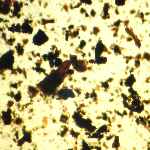
Microphotograph
image © Volker Emrath
Further Reading
References
(1) Feller, R., and Johnston-Feller, R.M: Vandyke Brown, in Artists’ Pigments, A Handbook of Their History and Characteristics, Vol 3: E.W. Fitzhugh (Ed.) Oxford University Press 1997, p. 157 – 190. Available as pdf from the National Gallery of Art
(2) Helwig, K. Iron Oxide Pigments, in Berrie, B.H. Editor, Artists’ Pigments, A Handbook of Their History and Characteristics, Volume 4, pp. 38-109.
(3) S. Muntwyler, J. Lipscher, HP. Schneider, Das Farbenbuch, 2nd. Ed., 2023, alataverlag Elsau, pp. 158-159.

